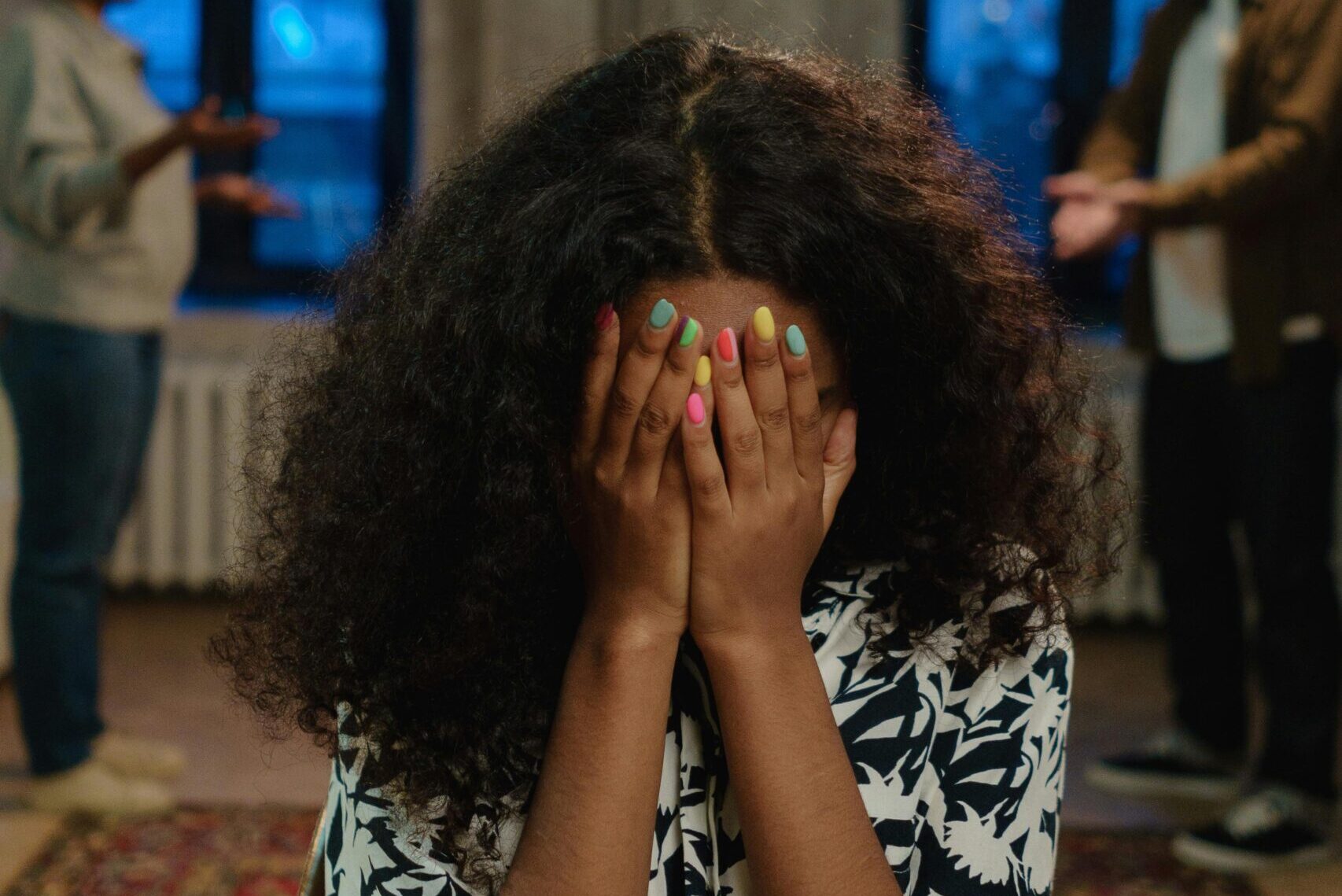When it comes to mental health, there are a myriad of mindfulness practices to help alleviate symptoms. From somatic movement to a journaling practice, many have found relief in integrating these rituals into their daily routines. However, for some, breathing slowly and committing to a yoga practice just won’t cut it. Prescription medication for mental health can be game-changing and aid in regaining one’s life back. Yet, there’s a massive racial disparity when it comes to this kind of treatment.
According to research from Mclean Hospital, 25 percent of Black people seek mental health treatment compared to 40 percent of white people. Mental health treatment in the Black community is steeped in shame. This mental health stigma impacts many people’s wellness journeys, especially with mental health medication.
The stigma perpetuates the spread of misinformation about how medication can help improve a person’s mental health. Psychiatric medications balance the neurotransmitters in your brain and body to reduce undesirable mental illness symptoms. This supports a person in producing serotonin, the happy hormone, and dopamine, the pleasure hormone. From anxiety to depression, they can improve the quality of your life tremendously.
While there are many benefits to medication, Black people are 8.3 percent less likely than white people to use them. The disparity grows even wider when it comes to Black women. Although they have a 34 percent higher risk of depression, they are half as likely to seek mental health care.
Confined within the “strong Black woman” trope, Black women often don’t get the help that they need. There are a million ways that medication can support them in living their fullest potential. However, there’s too much external shame to seek that very support.
A recent study found that Black women, between 18 and 65, have the highest suicide risk among women. With self-harm rates trending upwards in the Black community, it’s crucial to demystify the use of medication. Holistic therapist and licensed clinical social worker Rikki Clark McCoy spoke with 21Ninety about the stigmas within the Black community, the pros and cons to medication and more.
21NINETY: Why do you think there is a stigma within the Black community about mental health medications?
RIKKI CLARK MCCOY: Stigmas often arise from historical mistrust of medical institutions, cultural beliefs about self-reliance, and a lack of representation or understanding of mental health issues within the community. This is why psychoeducation and cultural competence is important in the Black community.
21N: As a mental health practitioner, what’s your take on medication? Do you believe natural routes prioritize or are there some mental health issues that simply require meds?
RCM: As a holistic therapist, I advocate for holistic remedies to enhance mental health and overall wellness. While medication isn’t my first choice, it can be beneficial if natural methods aren’t improving a client’s quality of life and additional support is needed.
21N: What are some signs that medication is necessary?
RCM: Persistent, debilitating symptoms that interfere with daily life, and lack of improvement from other interventions may indicate the need for medication. Medications can be temporary or permanent depending on the individual’s response and condition.
21N: What are the pros and cons to taking mental health medications?
RCM: Pros include symptom relief and improved quality of life. Cons might include side effects and the need for ongoing management. It’s important to weigh these [pros and cons] based on individual needs and experiences.
21N: What’s some advice you’d give to a Black woman feeling shame around medication and unsure of how to speak to her loved ones about it?
RCM: Understand that seeking help is a strength. [It’s] not a weakness. Communicate openly with loved ones about your needs and experiences, and seek support from mental health professionals who respect your cultural context.
21N: How can Black women take better care of their mental health overall?
RCM: Engage in regular self-care, build supportive relationships, seek therapy and practice stress management techniques. Prioritize mental health as part of overall well-being.
This article has been edited and condensed for length and clarity.
